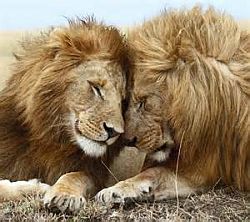
|
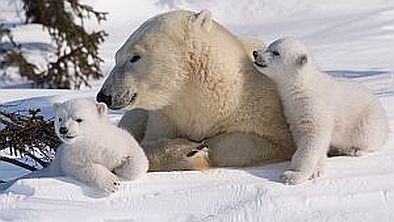
|
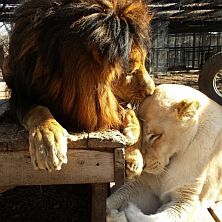
|
"The evolution of man is the evolution of his consciousness."
G.I.Gurdjieff

|

|

|
"The evolution of man is the evolution of his consciousness."
G.I.Gurdjieff
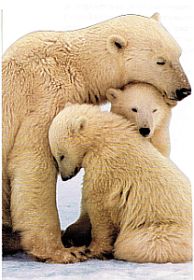
A Leading Scientist Explores Animal Joy, Sorrow, and Empathy — and Why They Matter
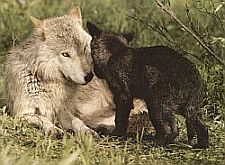 |
 |
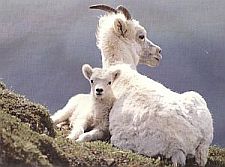 |
| Click image for larger version. | ||
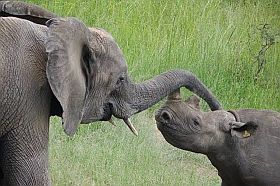
Uhlenbroek supports Animal Aid: Latest News & Campaigns and their campaign against primate experiments, stating: "I have yet to hear a sufficiently compelling scientific argument that justifies the suffering inflicted on primates in medical research."
| The Living Planet Report 2024 highlights the average change in observed population sizes of 5,495 vertebrate species. It shows a decline of 73% between 1970 and 2020. |
Living Planet Report 2024 | World Wildlife Fund Inc.
Living Planet Report 2020 | PDF File (83 pages)
| The Living Planet Report documents the state of the planet—including biodiversity, ecosystems, and demand on natural resources--and what it means for humans and wildlife. Published by WWF every two years, the report brings together a variety of research to provide a comprehensive view of the health of the Earth. |
Living Planet Report | Global Footprint Network
Living Planet Report -- Living Planet Report Archive
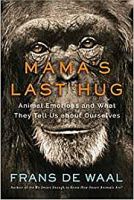


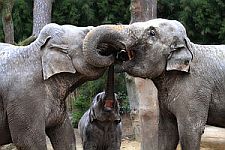
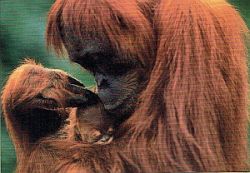
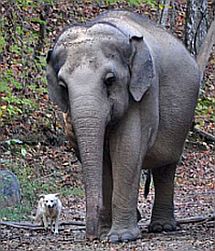

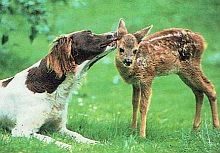


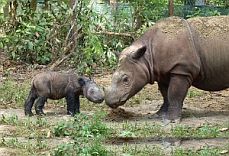 |
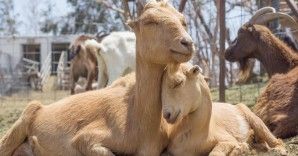 |
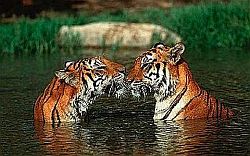 |
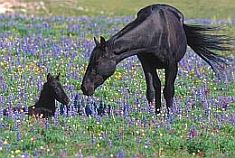
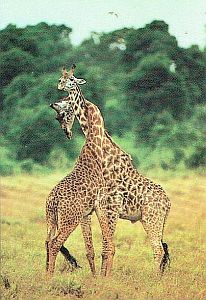
| "On this day of July 7, 2012, a prominent international group of cognitive neuroscientists, neuropharmacologists, neurophysiologists, neuroanatomists and computational neuroscientists gathered at The University of Cambridge to reassess the neurobiological substrates of conscious experience and related behaviors in human and non-human animals." |

| "Descartes himself practiced and advocated vivisection (Descartes, Letter to Plempius, Feb 15 1638), and wrote in correspondence that the mechanical understanding of animals absolved people of any guilt for killing and eating animals. Mechanists who followed him (e.g. Malebranche) used Descartes' denial of reason and a soul to animals as a rationale for their belief that animals were incapable of suffering or emotion, and did not deserve moral consideration — justifying vivisection and other brutal treatment." |
| "It might seem that we can't settle on the question of whether culture shapes emotions without deciding between these theories of what emotions are. On the other hand, the evidence suggests that culture can influence every aspect of our emotional responses, and this suggests that, whatever emotions really are, culture can have an impact. It is open to debate whether the impact is sufficiently significant to warrant the conclusion that some emotions are social constructs." |
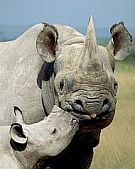
| "Fear, rage, love, jealously, pain, joy – Feelings are a part of everyday human life. They define our being; they are our motivation and our guides, but also obstacles for our actions. Emotions and their concepts are therefore not static, but are dependent on time and space; they are culturally formed and socially learned. Emotions are historically mutable: they have a history." |
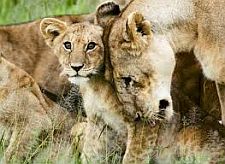
|
By Adelma M. Hills - Edith Cowen University - Australia "Empirical studies on the human-animal relationship tend to be fragmented, according to the focus of different disciplines, each of which emphasizes specific practical issues. This has resulted in an abundance of descriptive information, but a lack of a theoretical infrastructure with which to organize, explain, and understand empirical results so they can be more effectively utilized." |
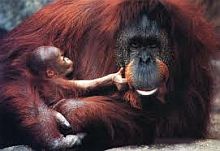

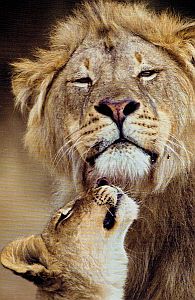
|
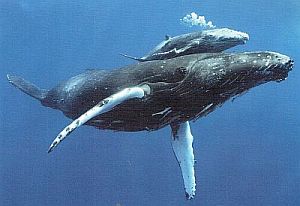
|
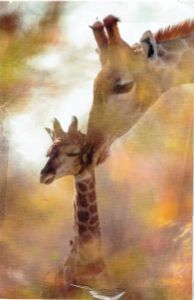
|